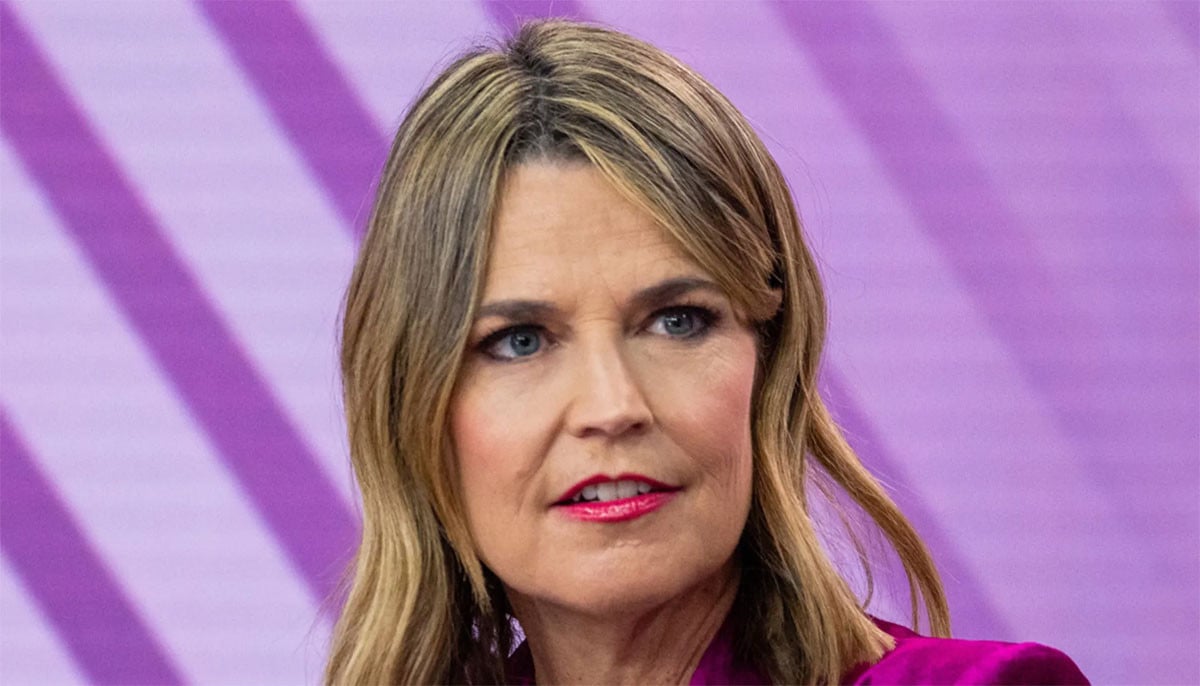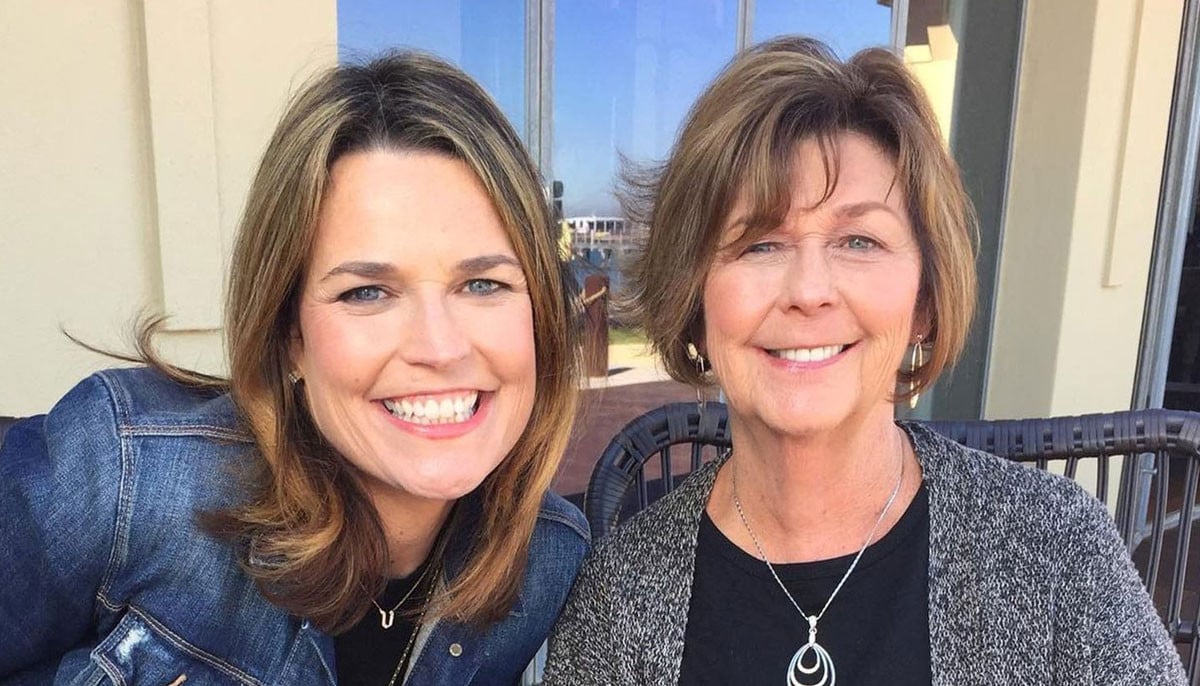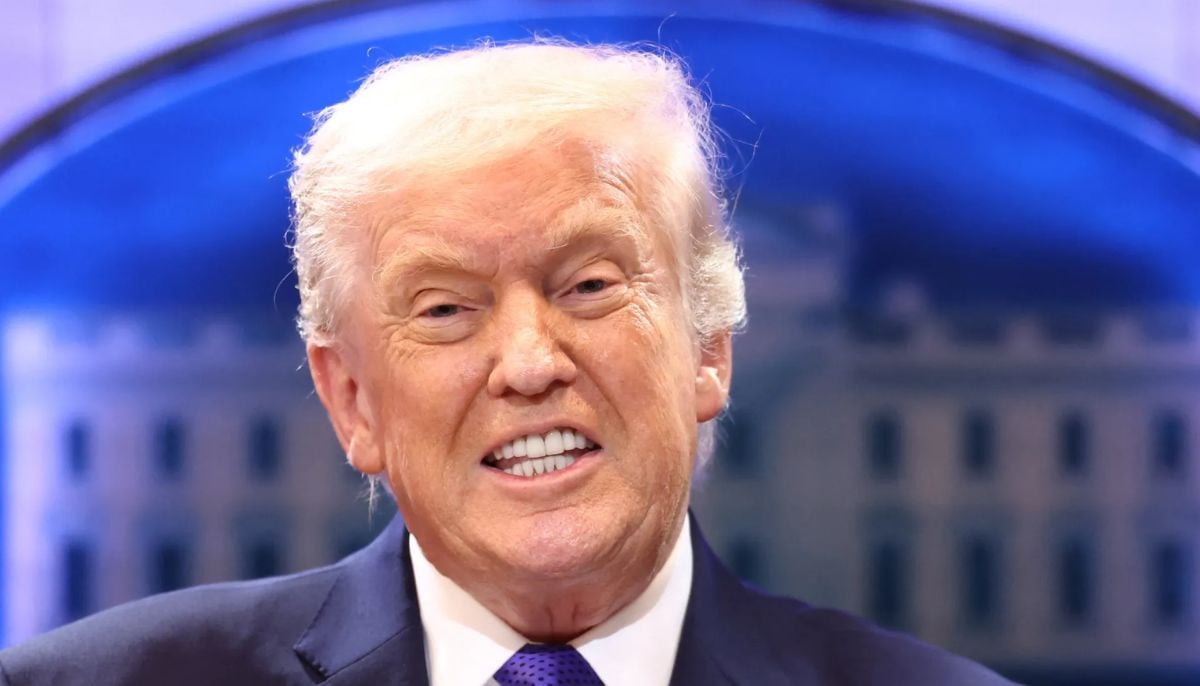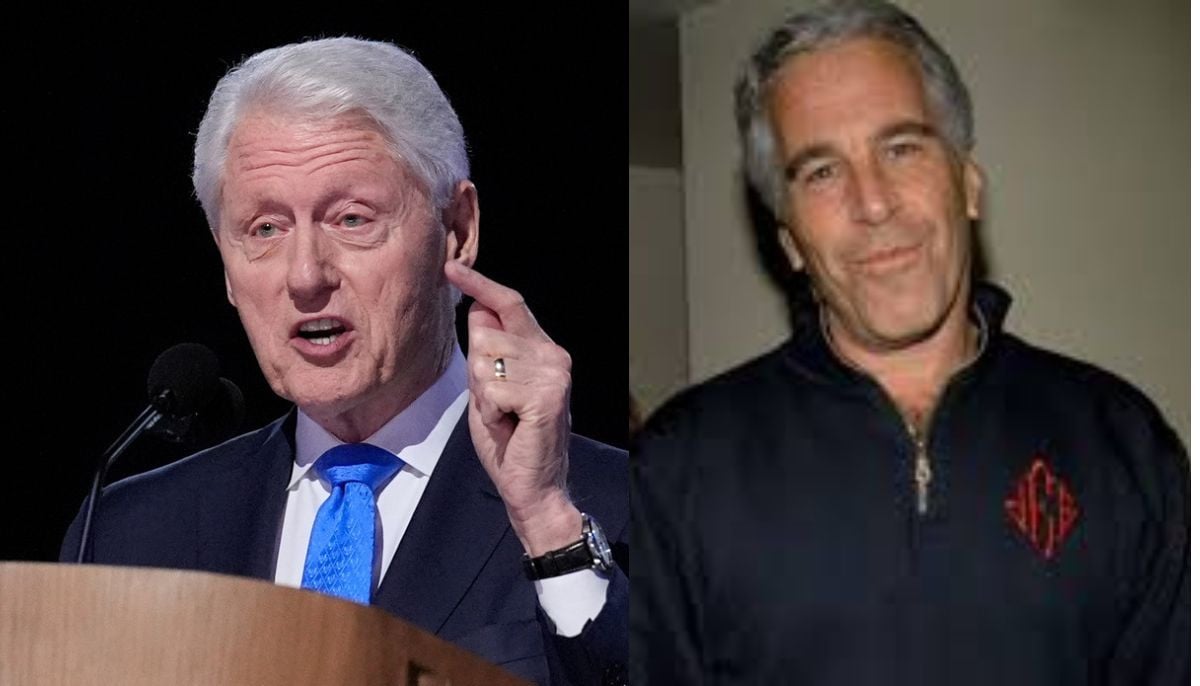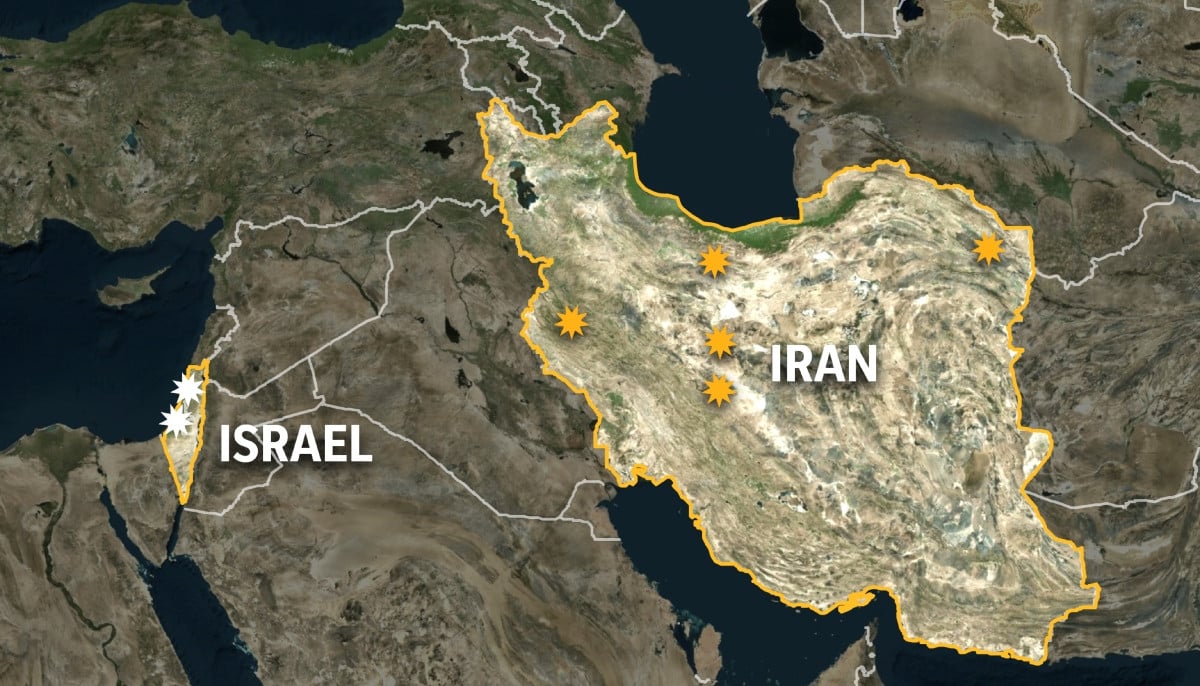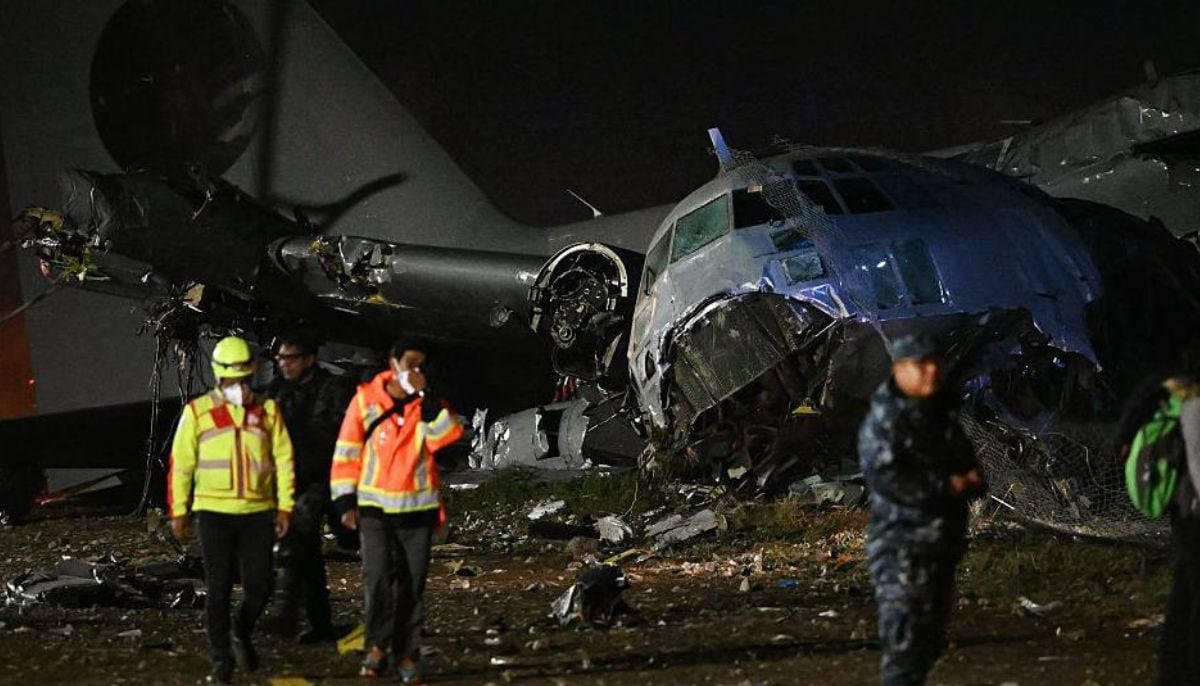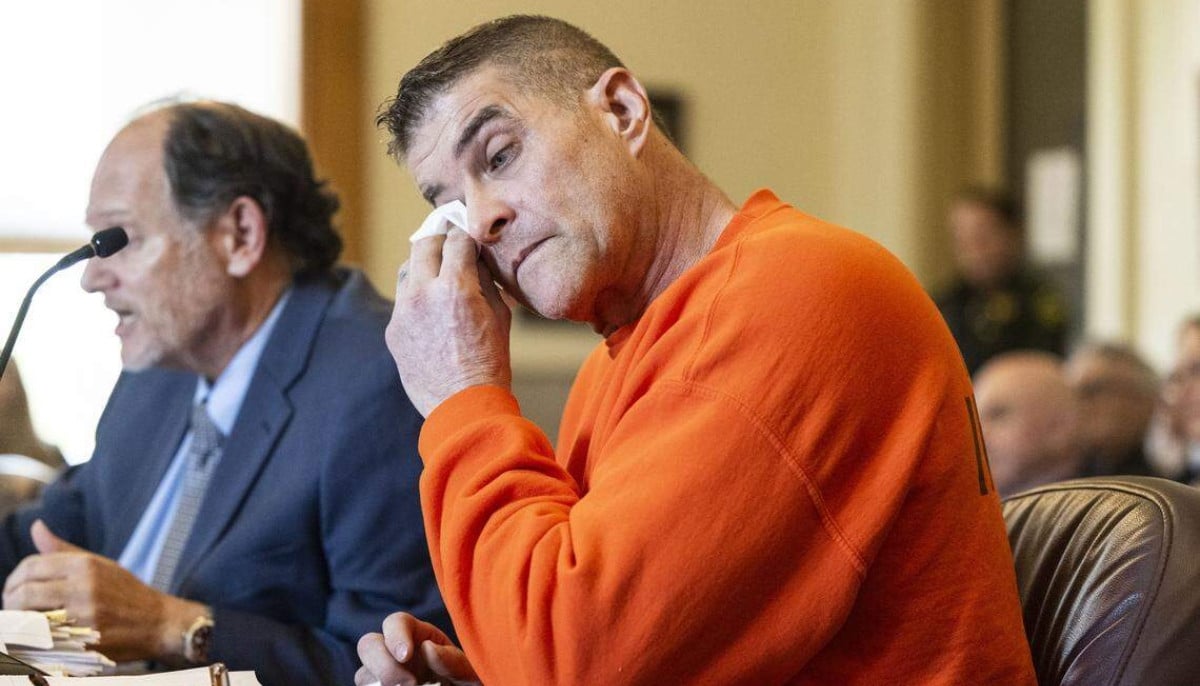Exploited by fast US, Western fashion brands, Bangladesh garment workers demand wage tripled
Bangladesh police fired tear gas at thousands of workers who set a bus on fire outside Dhaka
The four million garment workers in Bangladesh now get a minimum salary of 56.25% more each month — however, unions quickly objected, demanding that the amount be nearly tripled.
Approximately 85% of the $55 billion in yearly exports from the South Asian nation are derived from its 3,500 textile factories, which supply several high-end fashion brands including Levi's, Zara, and H&M.
However, many of the four million workers in this sector—the great majority of them are women whose starting monthly salary is 8,300 taka ($75)—face appalling working conditions.
Employers provided a quarter of what workers were demanding—a nearly threefold increase—but workers went on strike in recent days, provoking violent confrontations.
The 4 million garment workers in Bangladesh who produce clothing for capitalist fast fashion clothing brands have claimed that they are starving and must steal and scavenge food from garbage and fields to feed their kids.
Protests over a proposed new minimum wage for this sector are still going on.
Tens of thousands of workers have been participating in increasingly violent protests over the last week, which, according to press reports and unions, have resulted in the death of one young textile worker, Rasel Hawlader.
Bangladesh has one of the lowest minimum pay for textile workers in the world, at 8,000 taka (£60) since 2018, despite being a key supplier of garments to fast fashion firms, reported the Guardian.
A body nominated by the state that consists of representatives from labour organisations, manufacturers, and pay specialists sets the minimum wage.
"The new minimum monthly wage for garment factory workers has been fixed at 12,500 taka ($113)," Raisha Afroz, the board secretary, told AFP.
Unions, who have been calling for a minimum wage of 23,000 taka, instantly rejected the amount.
Unions claim that members have been severely impacted by ongoing inflation, which in October approached 10%, as well as a crisis in living expenses partially brought on by the taka's roughly 30% decline in value relative to the US dollar since the beginning of the year.
"This is unacceptable. This is below our expectations," said Kalpona Akter, head of the Bangladesh Garment and Industrial Workers Federation.
The panel normally sits every five years and in 2018 raised the basic minimum from 5,000 taka to 8,000. Garment workers also get at least 300 taka per month as an attendance fee.
Earlier Tuesday, police fired tear gas at thousands of workers who set a bus on fire outside Dhaka, as tensions rose ahead of the announcement.
Police said violence broke out in the industrial city of Gazipur as about 6,000 workers walked out of their plants and staged protests.
"They torched a bus. We fired tear gas to disperse them," Gazipur industrial police unit chief Sarwar Alam told AFP.
Police said around 600 factories that make clothing for many major Western brands were shuttered last week and scores were ransacked as the worst wage protest in a decade hit major industrial areas and a suburb of the capital.
Four factories were torched and at least two workers were killed in the violence, with tens of thousands of workers blocking highways and attacking factories.
The protests have coincided with separate violent demonstrations by opposition parties demanding the resignation of Prime Minister Sheikh Hasina ahead of elections due in January.
-
Savannah Guthrie speculations 'sadly' coming true about mother Nancy
-
Trump administration warns of slow payouts for tariff refunds amid intensifying trade disputes
-
‘I saw nothing’: Bill Clinton denies knowledge of Epstein’s crimes in House testimony
-
Israel launches attack on Iran's capital and declares state of emergency
-
At least 15 dead after military plane carrying new banknotes plunges out of control in Bolivia
-
Daniel Serafini gets life without parole in in-laws murder and attempted murder case
-
Nakiska Ski Area avalanche leaves youth unresponsive, second skier escapes unhurt
-
Igor Komarov missing in Bali: Seven foreign suspects arrested in kidnapping probe


